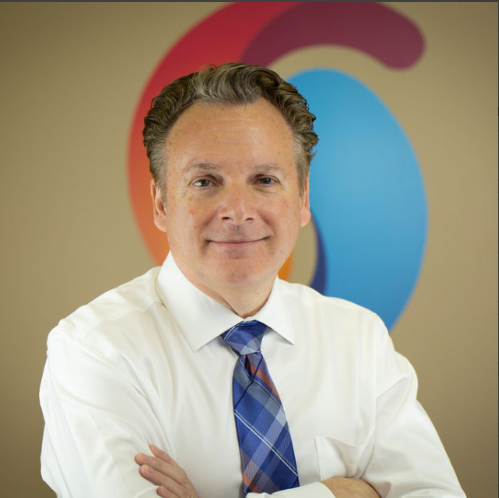If you are like most real estate investors, you have a relationship with an insurance broker who is part of your core team of partners. Your insurance broker makes sure you have the right coverages at the best price for your properties by searching the marketplace and negotiating the best deal for you. You count on them to contact several insurance companies to find the offer that fits your needs. This is what enables them to create value for you: They save you time and money.
In the world of finance, commercial mortgage brokers deliver the same benefits to real estate investors.
What Commercial Mortgage Brokers Do
Many real estate investors assume commercial mortgage brokers are more expensive to use. They assume direct lenders simply provide the same rates to brokers as they do real estate investors who contact them directly.
Most top private lenders, however, have wholesale rates that are discounted to allow commercial mortgage brokers to be highly competitive with a lender’s retail rate sheets. They know the brokers are handling the borrower’s marketing, managing the paperwork, relationship, and communications. These cost savings are likely 1%-2% of the loan amount, loosely equating to what most commercial mortgage brokers charge.
Top commercial mortgage brokers are in the market every day. They know the best prices on any given day for various loan requests. It is their job to understand your goals and priorities, analyze your loan request, and identify any implications (i.e., aspects of your personal profile or the property that points the broker to a certain set of lenders or products).
The list of possible implications is long. Examples include the maximum loan amount needed, lower FICO credit scores for borrowers, challenging cash flows for the property, vacancy, location, use as a short-term rental, new investors, etc.
Once they gather the information on your priorities for the loan request and identify the implications, a commercial mortgage broker searches the market for the options best suited to you. In many cases, they will use their expertise to recommend two or three options for you to consider.
A Real Example
For example, let’s assume you are buying a $200,000 single-family rental property and would prefer the largest loan amount possible at the best rate, but the cash flow is challenged to meet most lenders’ guidelines of 1.2 debt service coverage ratio (DSCR).
The commercial loan broker reviews the guidelines of its best-priced lender and comes back with the following example options:
- Lender A Option: 1.10 DSCR at a 30-year fixed rate of 7.25% for 80% LTV
- Lender B Option: 1.20 DSCR at a 30-year fixed rate of 7.125% for 75% LTV
- Lender C Option: 1.20 DSCR at a 30-year fixed rate of 7.375% for 80% LTV interest-only payment
- Lender D Option: 1.20 DSCR at a 5/1 Hybrid ARM rate of 7% for 80% LTV
Real estate investors who work with direct lenders would likely receive only one or two of these options, because direct lenders have a defined set of products and credit boxes. You need to know the list of top lenders to call and spend the time necessary to request quotes. Then you’d end up telling your lending story several times to obtain options that a professional commercial mortgage broker can do in one call.
Let’s say the broker remembered you mentioning during the call to gather your priorities that you think rates are high now but will be lower in a few years, so you will likely refinance. In that case, the broker might recommend the Lender D Option. This option meets your priority of a maximum loan amount of 80% LTV and gives you the lowest rate of 7%. The broker might also ensure you receive a lower prepayment penalty option of no more than three years to position you for a refinance if rates were to move lower.
With all the options above, you can decide whether the rate difference is enough for you to forgo the Lender A Option. It offers 80% LTV at 7.25% and has the protection of a 30-year fixed rate, but it likely has a 5-year prepayment penalty. This may be a tough call, but having all the options is very important.
Adding a top-quality commercial mortgage broker will save you time and money, just as your insurance broker does. A commercial mortgage broker can provide options that would be difficult for you to find quickly, and they will be on your side of the table during the loan process. Brokers work for the real estate investor, not the lender. This type of advocate and trusted advisor can help you grow faster and be more profitable.
Damon Riehl is the founder and CEO of Investment Property Loan Exchange. He has more than 35 years of lending experience in a broad array of asset classes, including commercial and residential mortgage, small business, and construction lending.
Riehl held top leadership positions as head of commercial lending for Ocwen Mortgage, head of unsecured lending for Citibank, global mortgage leader for GE Capital, and head of construction products at Fannie Mae. He is a member of the Harvard Joint Centers for Housing Studies.
Riehl has built six de novo lending platforms and used that knowledge to build and grow Investment Property Loan Exchange and the fintech platform LoanBidz.com.























0 Comments